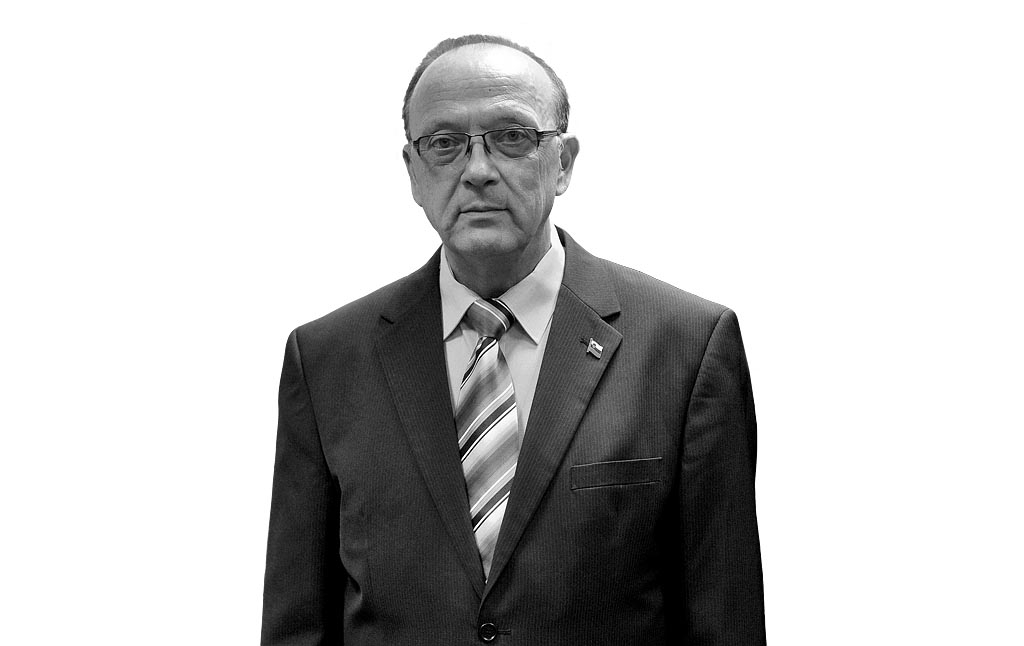By: Dr. Vinko Gorenak
All those who in one way or another follow our dominant, of course mostly left-wing media, and their reporting on the situation in the police, could be even more concerned. From the political subordination of the police to the announced replacement of all police chiefs, to the local level, to the horrific police violence against peaceful protesters, to the practical abolition of the National Investigation Office (NPU) and more to be found. But the real situation, of course, is not like that at all.
National Bureau of Investigation
The National Investigation Office was established in 2010 by the then Minister Katarina Kresal. Everything was fine and right in public, but in fact it was a political subordination of the police at the time. But the dominant media, of course, did not perceive this and did not report on it. Legally speaking, the NPU was working for the “criminal police” at the time, which “provided material conditions” for it, and was responsible “through the director general of the police” (no one knew what that meant) to the Minister. The then head of the criminal police, Aleksandar Jevšek, today the mayor of Murska Sobota, was not bothered at all.
In practice, the most important part of the criminal police was responsible “through (read by) him” to the Minister of the Interior. He therefore played the role of a postman in terms of reporting to the Minister. As early as 2012, I eliminated this situation in terms of amending the law, the NPU became part of the criminal police, which became responsible to the chief of criminal investigators and the director general of the police, and no longer to the Minister. It is true, however, that we kept the special procedure for appointing the head of the NPU and in some way did not interfere with the legal provisions according to which the NPU was a kind of “self-service shop” that dealt with what it wanted and what it did not want to deal with it left alone. However, these two were abolished by Minister Aleš Hojs with the current legal change. No reason for political outcry then.
Replacement of police chiefs to the local level
As if. This, of course, is not true at all. The current situation of police chiefs at the regional and local levels has been such that they have been virtually impossible to replace. Let me draw attention to the education of police officers years ago and today. If in 1983 I was the only one at the level of the regional police in Celje who had a university degree, today this is no longer the case. All purely ordinary police officers have a completed (or recognised) college education, and a huge number of them have a university degree or even a master’s degree, but they are still police officers you meet on the road every day. Their heads at the local and regional level, however, have so far been “untouchable” until the law was amended.
Just why do primary school principals, kindergarten principals, directors of local health facilities, social work centres, nursing homes, and so on, have a so-called tenure, usually for four years, and then have to re-apply for the same job? So, what is the difference to local or regional police chiefs? They, too, will now be in office and no longer in an eternal job. Why not prove yourself in the competition and if they are good, they should just stay if they are not, they should not.
Organisational climate in the police
For many years, the police have been measuring the organisational climate with the help of external and independent institutions. Usually every two years. If you follow our left-wing media, you will mistakenly conclude that this is catastrophic. Here and there, there are even records of police officers guarding violent demonstrations putting down their equipment and joining protesters. But the reality, of course, is quite different. In 2012, as the Minister of the Interior, I fought for their salaries and their equipment in general but saving at the state level made it impossible for me to do so.
Police have about 2,000 vehicles. If you are a little more attentive today and you are looking for blue and white police vehicles on the road, you will have a hard time coming across such a vehicle, they are all yellow and blue and white. This means that they were purchased after 2015. So, the police really have significantly better equipment than years ago. Their salaries have also increased by 40 percent or more in recent years. No wonder then that the organisational climate in the police is getting better year by year, as you can see in the graph below.
The situation in the Slovenian police is therefore completely different from what is shown by the dominant left-wing media. But do not be bothered by the occasional advertising of their two unions. In this case, it is not about the police unions that would strive for the rights of police officers, in fact there are two unions that support the left political option, and of course they care less about police officers.
Dr Vinko Gorenak is a State Secretary in the PV Cabinet, a former Member of Parliament and Minister of the Interior, a university professor and a member of the SDS party.

